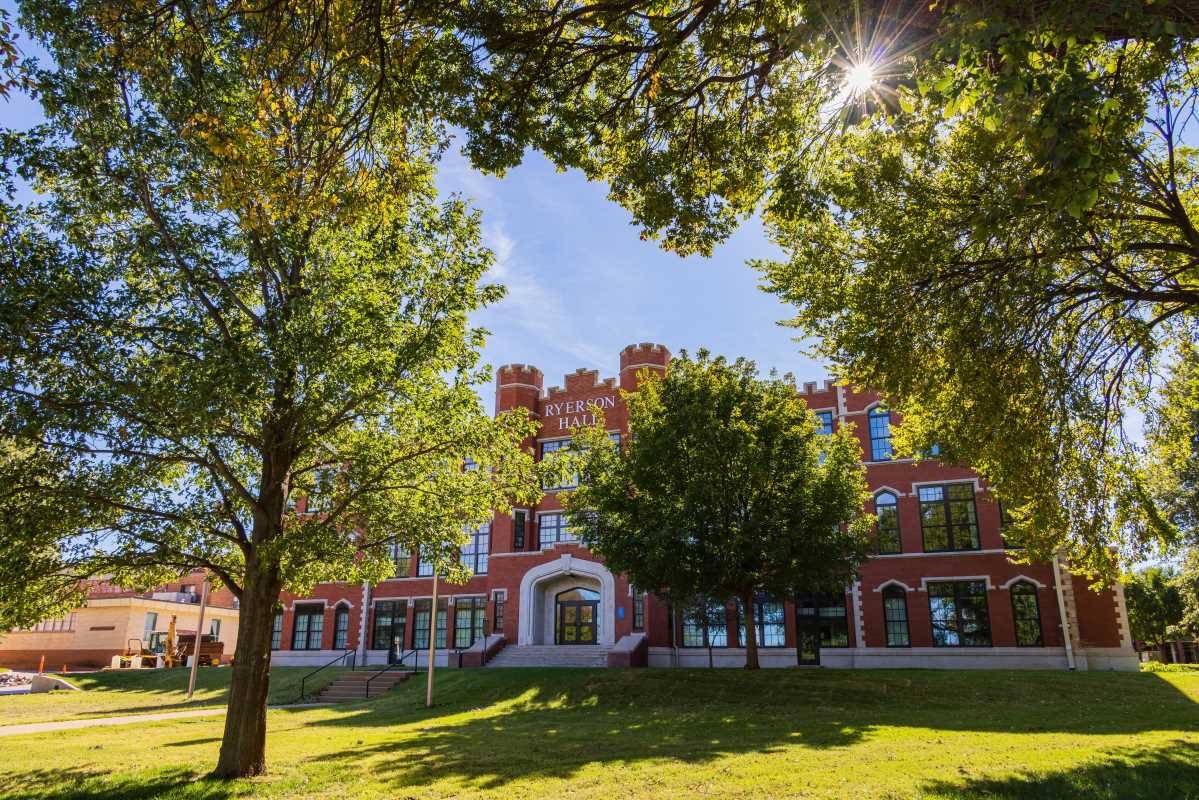Historically Black Colleges and Universities (HBCUs) represent a cornerstone of the American higher education landscape, offering unique and powerful experiences for students from all backgrounds. For higher education professionals, understanding the distinct advantages these institutions provide is key to appreciating their vital role and guiding students effectively. These schools offer more than just a degree; they cultivate a sense of belonging, foster leadership, and provide a launchpad for incredible career success, making them a compelling choice for many prospective students.
A Legacy of Opportunity and Excellence
To fully grasp the benefits of HBCUs, it’s important to understand their origin. Established before the Civil Rights Act of 1964, these institutions were founded with the primary mission of educating Black Americans who were largely denied access to predominantly white institutions. This history isn't just a footnote; it's the foundation of their culture. This legacy has created an environment intentionally designed to support and uplift students who might otherwise face systemic barriers.
For today's students, this history translates into a modern mission of access and empowerment. HBCUs continue to champion educational opportunities for first-generation, low-income, and minority students. They have developed robust support systems and a deep institutional knowledge of how to help these students thrive. As a higher education professional, recognizing this focus on access is crucial. It means that when you recommend an HBCU, you're pointing a student toward an institution that is structurally and culturally equipped to foster their success.
Cultivating a Strong Sense of Belonging
One of the most profound benefits of attending an HBCU is the powerful sense of community and belonging that students experience. In many traditional university settings, Black students can feel isolated, navigating academic and social spaces where they are a small minority. This can lead to feelings of being an outsider, which can negatively impact mental health, engagement, and academic performance.
HBCUs flip this dynamic. On these campuses, Black students are the majority, which creates a fundamentally different college experience. They are surrounded by peers, faculty, and administrators who share similar cultural backgrounds and life experiences. This environment validates their identity and allows them to focus on their education and personal growth without the added burden of navigating racial microaggressions or feeling like they don't belong. This sense of psychological safety is invaluable. It empowers students to be their authentic selves, to speak up in class, to run for student government, and to fully engage in campus life. The result is often a more confident, self-assured graduate.
Academic Excellence and Specialized Programs
There is a common misconception that HBCUs are somehow academically inferior to Primarily White Institutions (PWIs). This is simply untrue. Many HBCUs are top-tier research institutions and are highly respected for their academic rigor. Schools like Howard University, Spelman College, and Morehouse College are consistently ranked among the best in the nation.
Furthermore, HBCUs are leaders in producing Black graduates who go on to earn doctoral degrees. They are particularly strong in the STEM fields. For example, HBCUs make up only 3% of colleges in the country, but they produce nearly 25% of Black graduates with STEM degrees. This success isn't accidental. It stems from a pedagogical approach that combines high expectations with intensive support. Faculty members often take on mentorship roles, providing students with the guidance and encouragement needed to excel in challenging fields. They understand the specific obstacles their students may face and are dedicated to helping them overcome them.
Unmatched Networking and Alumni Connections
The HBCU network is a powerful and lifelong asset. The shared experience of attending an HBCU creates a unique bond among alumni, often referred to as a "family." This network is incredibly active and supportive, providing graduates with a significant advantage in the professional world.
Whether a student is looking for an internship, a first job, or a career change years after graduation, the HBCU alumni network is a resource they can tap into. Alumni are famously willing to help fellow graduates, opening doors and providing mentorship. This is particularly valuable in industries where Black professionals are underrepresented. Having access to a network of people who understand your background and are invested in your success can make all the difference. High-profile HBCU graduates, from Vice President Kamala Harris (Howard University) to media mogul Oprah Winfrey (Tennessee State University), serve as powerful examples of the heights that can be reached with an HBCU education.
Fostering Leadership and Social Consciousness
HBCUs have a long and proud tradition of producing leaders and activists. From Dr. Martin Luther King Jr. (Morehouse College) to Thurgood Marshall (Howard University), these institutions have been breeding grounds for individuals who have changed the world. This focus on leadership development and social justice is woven into the curriculum and campus culture.
Students are encouraged to be critical thinkers, to question the status quo, and to use their education to make a positive impact on their communities. They are given ample opportunities to take on leadership roles in student organizations, fostering skills in public speaking, organization, and advocacy. This environment empowers students to find their voice and to believe in their ability to effect change. They graduate not just with a degree, but with a sense of purpose and a commitment to social responsibility.
The Financial Value Proposition
While the cultural and academic benefits are immense, it's also important to consider the financial aspect. HBCUs are often more affordable than their PWI counterparts. Both public and private HBCUs tend to have lower tuition rates, making them a financially accessible option for many families.
Moreover, HBCUs have proven to be a fantastic investment. Studies have shown that HBCUs are engines of economic mobility. They are remarkably successful at moving students from lower-income brackets to the middle and upper class. A degree from an HBCU provides a significant return on investment, equipping graduates with the skills and network needed to build successful and financially secure lives. For education professionals advising students on college affordability and long-term value, HBCUs present a compelling case.
A Welcoming Environment for All Students
While HBCUs were founded to educate Black Americans, they are welcoming and inclusive institutions for students of all races and ethnicities. Today, non-Black students make up a significant portion of the student body at many HBCUs. These students are drawn to the rich culture, strong academics, and supportive communities that these schools offer.
Attending an HBCU as a non-Black student provides a unique opportunity for cross-cultural learning and understanding. It allows students to experience being in a minority setting, which can foster empathy, broaden their perspectives, and prepare them to thrive in an increasingly diverse global workforce.
For higher education professionals, understanding the multifaceted benefits of HBCUs is essential. These institutions provide a unique blend of academic rigor, cultural affirmation, and robust support that empowers students to achieve incredible things. They are not just an alternative to PWIs; they are a first-rate choice that offers a distinct and valuable educational experience.
 (Image via
(Image via





